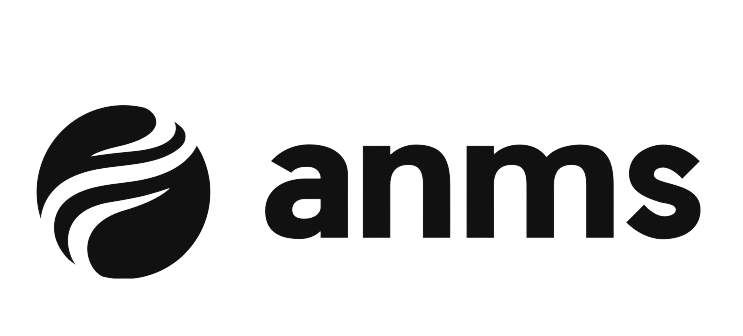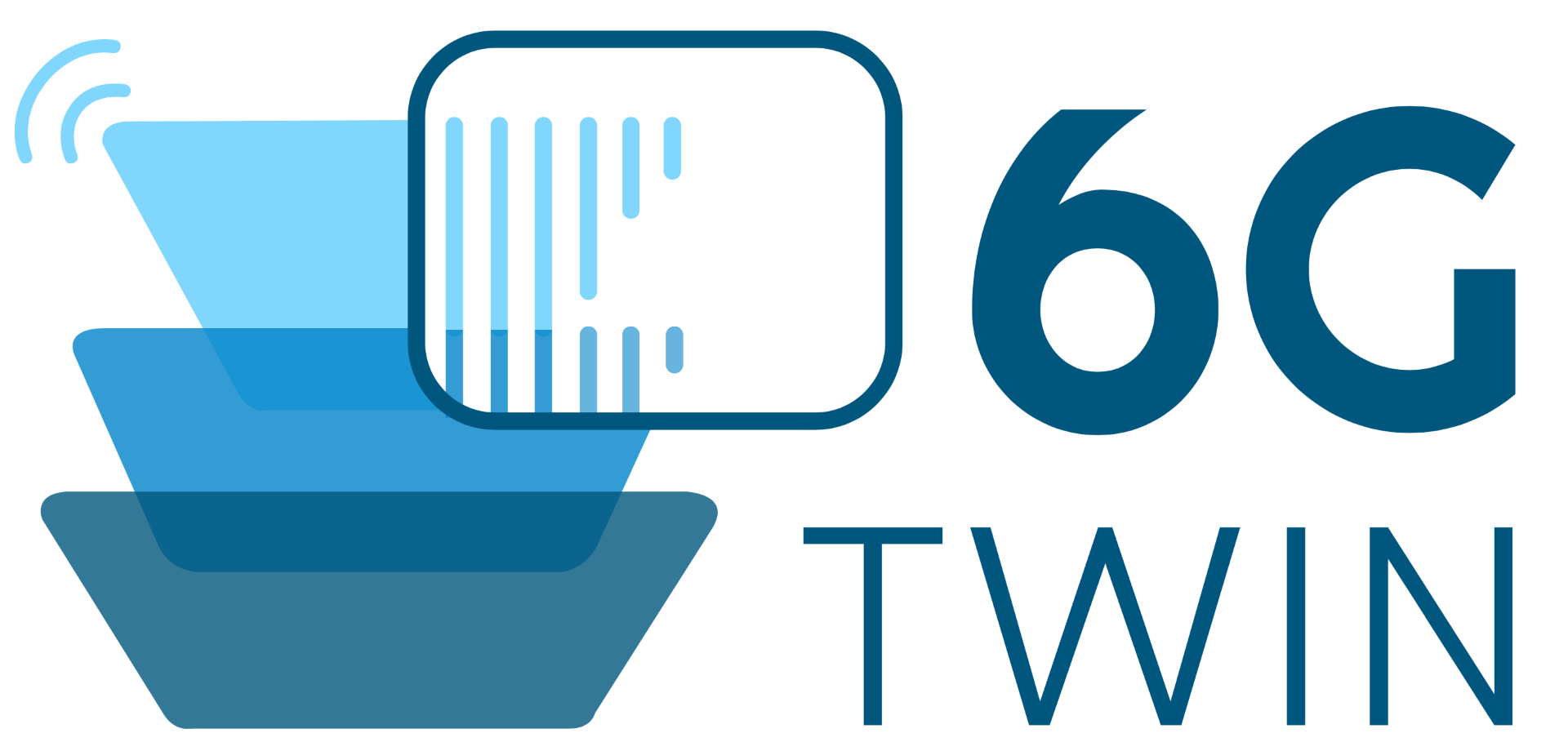Fourth International Workshop on Autonomous Network Management Systems (ANMS 2025)
@ ICDCS 2025 - 20th July 2025, Glasgow, Scotland

@ ICDCS 2025 - 20th July 2025, Glasgow, Scotland

Beyond 5G and 6G wireless systems are expected to handle significantly increased data rates, provide ultra-low latency and enhanced connectivity to massive numbers of devices, and bring improvements in network energy efficiency. This new generation of networking systems aims to be fully autonomous networks (AN) with management capabilities, such as self-configuration, self-healing, self-optimizing, and self-evolving aspects, that today’s networks do not support as their management is largely manual with some automated assistance.
This workshop focuses on novel research in algorithms, architectures, approaches, and applications in the autonomous management of 5G and 6G systems. We encourage original paper submissions from academia and industry presenting work in progress or novel research on the most recent advances, frameworks, models, and approaches for management of autonomous networks using enabling techniques, such as AI/ML, network digital twins, network programmability, network softwarization, network function virtualization, software-defined networking, and blockchain. We are also interested in articles revising the state-of-the-art of this topic, showing recent major advances and discoveries, significant gaps in the research, current standardization status, and new future issues, especially related to sustainability.
We invite submissions of original research papers, as well as vision papers and experience reports.
All times in Anywhere on Earth (AoE) timezone.
The aim of the workshop is to share new findings, exchange ideas and discuss research challenges on the following topics (not an exhaustive list):
Room 7 at the Radisson Blu, Glasgow.
More info about the venue here

Our Keynote speaker is Dr Qi Liao of Nokia Bell Labs.
Transferable Knowledge, Modular Agents: A New Paradigm for Network Automation
As network systems evolve into highly dynamic, distributed, and intelligent infrastructures, traditional rule-based automation is no longer sufficient to meet the demands of scalability, adaptability, and autonomy. This keynote introduces a new paradigm for network automation driven by transferable knowledge and modular agent architectures, drawing from advances in transfer learning and compositional intelligence.
We explore how networks can move beyond siloed learning to share and adapt knowledge across agents, enabling faster convergence, improved generalization, and robustness across varying contexts and environments. At the core of this approach is the design of modular learning agents, agents that learn specialized functions yet can be composed and reused across different network tasks, topologies, and domains.
Real-world use cases from self-organizing networks (SON) are presented, illustrating how multi-agent systems can autonomously coordinate tasks such as mobility optimization, load balancing, and interference mitigation by leveraging transfer learning across network slices, cells, and geographies. This framework represents a transition from static automation to a goal-driven and sustainable approach, enabling fast adaptation, component reusability, and continual learning across dynamic network environments and tasks.
Qi Liao has been working as a Senior Research Engineer at Nokia Bell Labs in Stuttgart, Germany, since 2015. She received the M.S. in E.E. degree and the Dr.-Ing. degree from Heinrich-Hertz-Chair for Information Theory and Theoretical Information Technology, Technical University of Berlin in 2010 and 2015, respectively. From 2010 to 2013 she was a research associate at Fraunhofer Institute for Telecommunications, Heinrich Hertz Institute, Berlin. From 2013 to 2014, she was a PhD intern in the Department of Statistics and Learning Research at Bell Labs in Murray Hill, NJ. Since 2015 she has been a research scientist at Bell Labs, Stuttgart, Germany. Her current research interests include optimization for multi-agent systems, resource allocation, stochastic optimization, machine learning and deep learning techniques. She holds more than 50 peer-reviewed publications including journals, conference papers, and granted patents.
| Time | Title | Details |
|---|---|---|
| 09:00 | Welcome | |
| 09:10 - 10:00 | Keynote - Dr Qi Liao, Nokia Bell Labs | Transferable Knowledge, Modular Agents: A New Paradigm for Network Automation |
| 10:00 - 10:30 | Group Panel - The Role of Autonomy in the Modern Era | |
| 10:30 - 11:00 | Coffee Break | |
| 11:00 - 12:30 | Technical Session | |
| 11:00 - 11:20 | On the Effectiveness of Task Off-loading in Edge based Federated Learning Environment | Sumiko Miyata, Takamichi Miyata, Irfanullah Khan, and Paul Harvey |
| 11:20 - 11:40 | The xApp Store: A Framework for xApp Onboarding and Deployment in O-RAN | Philip Rodgers, and Paul Harvey |
| 11:40 - 12:00 | Automatic Generation of Digital Twins for Network Testing | Shenjia Ding, David Flynn, and Paul Harvey |
| 12:00 - 12:20 | Distributing Quality of Service (QoS) Policies in Name-based Networks | Ryo Yanagida, Jeremy Singer, Paul Harvey, Leon Wong and Colin Perkins |
| 12:30 | Closing Remarks |
Authors are invited to submit original and unpublished work, not be submitted concurrently for publication elsewhere.
All paper submissions should follow the IEEE 8.5″ x 11″ two-column format using 10pt fonts and the IEEE Conference template (downloadable by selecting “Conferences” in the IEEE-Template Selector). Each submission can have up to six (6) pages (including figures, tables, appendices, and references). Papers exceeding this page limit or with smaller fonts will be desk-rejected without review.
Submission is via EasyChair.
Once logged in (registration may be required), click on “New submission” (in the menu, top-left) and select “ANMS Workshop”.
Paper review process is double-blind. Authors are required to take all reasonable steps to preserve the anonymity of their submission. While authors can upload their paper to institutional or other preprint repositories (e.g. arXiv.org) before reviewing is complete, we generally discourage this since it places anonymity at risk. In this case, please use a different title and abstract.
To encourage reproducibility, we encourage the authors, whenever it is possible, to include in their paper a link to an anonymised GitHub repository with all source code, scripts and data needed for the reproduction of their results.
For each accepted paper, at least one author is required to pay a full author registration and attend the conference in-person to present their work on-site. Any no-show papers will be reported to the publisher and removed from the conference proceedings. For authors with multiple papers accepted by the conference, a separate author registration is required for each paper.
Note that the authors should adhere to ethic and professional standards of IEEE. Please refer to IEEE Code of Ethics and IEEE Policy of AI-Generated Text.
